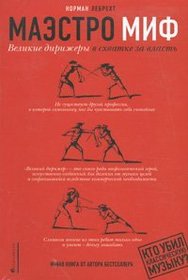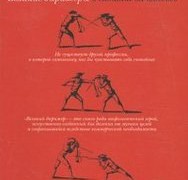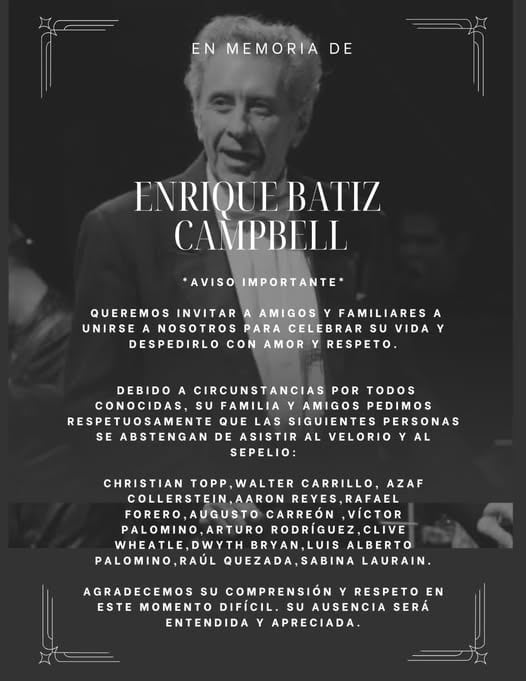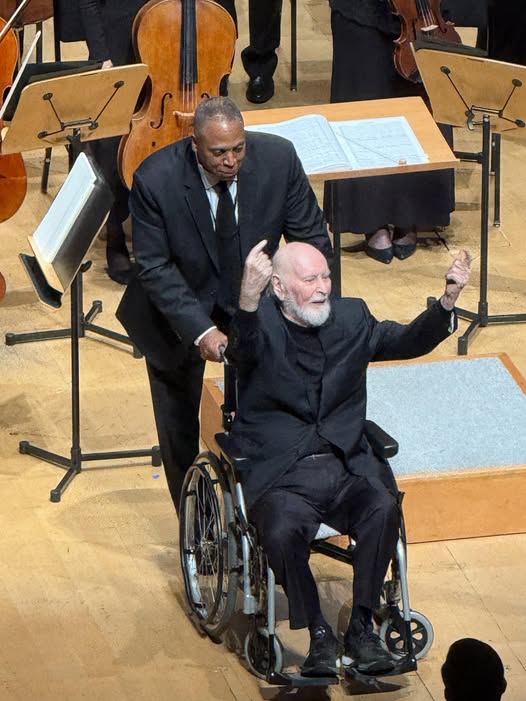Lorin Maazel: ‘There are quite a few charlatans in conducting’
mainA BBC film about conductors, made in the immediate aftermath of The Maestro Myth, has shown up on Youtube. It’s rather better than I remembered it on first screening – and the best of it is watching so many people I have known (self included) as we were in 1992.
Interviewees include Lorin Maazel, Zubin Mehta, Georg Solti, Esa-Pekka Salonen, Franz Welser-Most, Mariss Jansons, Klaus Tennstedt, Christoph von Dohnanyi and Leonard Slatkin. Other contributors include Norman Lebrecht, Rodney Friend, Hugh Canning, John Wallace, Gilbert Kaplan and Humphrey Burton.
Lorin, as always, took no prisoners.
The conductor from hell? Players describe a few of them.
The producer was Kriss Rusmanis.
No way would the BBC make such a programme today.







Comments